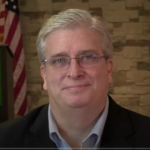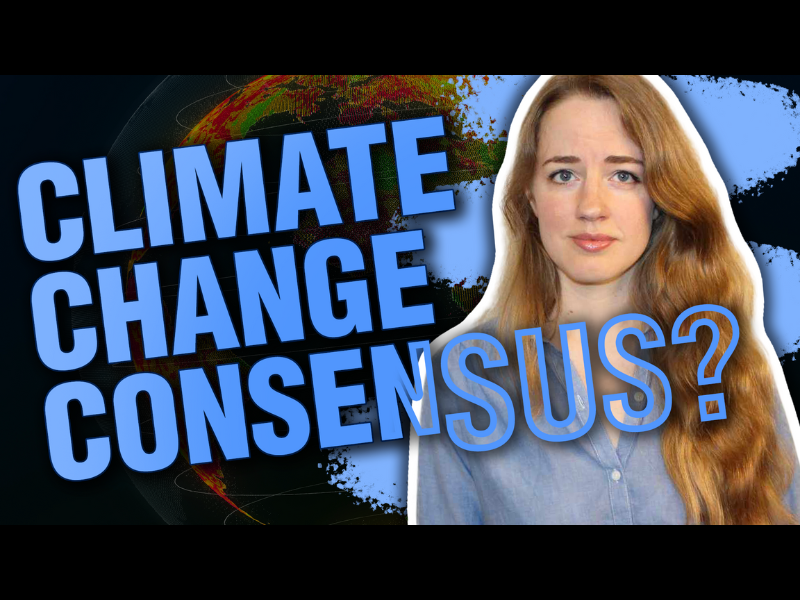The authors are three prominent climate scientists affiliated with the Nongovernmental International Panel on Climate Change (NIPCC). The book is titled Why Scientists Disagree about Global Warming: The NIPCC Report on Consensus.
About the Book
“Probably the most widely repeated claim in the debate over global warming is that ‘97% of scientists agree’ that climate change is man-made and dangerous,” the authors write. “This claim is not only false, but its presence in the debate is an insult to science.”
With these words, the authors begin a detailed analysis of one of the most controversial topics of the day. The authors make a compelling case against claims of a scientific consensus. The purported proof of such a consensus consists of sloppy research by nonscientists, college students, and a highly partisan Australian blogger. Surveys of climate scientists, even those heavily biased in favor of climate alarmism, find extensive disagreement on the underlying science and doubts about its reliability.
The authors point to four reasons why scientists disagree about global warming: a conflict among scientists in different and often competing disciplines; fundamental scientific uncertainties concerning how the global climate responds to the human presence; failure of the United Nations’ Intergovernmental Panel on Climate Change (IPCC) to provide objective guidance to the complex science; and bias among researchers.
The authors offer a succinct summary of the real science of climate change based on their previously published comprehensive review of climate science in a volume titled Climate Change Reconsidered II: Physical Science. They recommend policymakers resist pressure from lobby groups to silence scientists who question the authority of IPCC to claim to speak for “climate science.”
CRAIG D. IDSO, Ph.D., a climatologist, is one of the world’s leading experts on the effects of carbon dioxide on plant and animal life and is chairman of the Center for the Study of Carbon Dioxide and Global Change.
ROBERT M. CARTER, Ph.D., a paleogeologist, is emeritus fellow of the Institute of Public Affairs in Australia and author of Climate Change: The Counter Consensus (London: Stacey International, 2010).
S. FRED SINGER, Ph.D., a physicist, is president of the Science and Environmental Policy Project and founder of the Nongovernmental International Panel on Climate Change (NIPCC).
About NIPCC
The Nongovernmental International Panel on Climate Change (NIPCC) is an international panel of nongovernment scientists and scholars who have come together to present a comprehensive, authoritative, and realistic assessment of the science and economics of global warming. Whereas the reports of the United Nations’ Intergovernmental Panel on Climate Change (IPCC) warn of a dangerous human effect on climate, NIPCC concludes the human effect is likely to be small relative to natural variability, and whatever small warming is likely to occur will produce benefits as well as costs.
NIPCC is sponsored by three nonprofit organizations: the Center for the Study of Carbon Dioxide and Global Change, the Science and Environmental Policy Project (SEPP), and The Heartland Institute.
This volume, like past NIPCC reports, is edited and published by the staff of The Heartland Institute, a national nonprofit research and educational organization newly relocated from Chicago to suburban Arlington Heights, Illinois.
For More Information
For more information about the book, or to interview the authors, contact Donald Kendal, new media specialist, The Heartland Institute, at [email protected] or 847/877-9100.
The Heartland Institute is a 31-year-old national nonprofit organization headquartered in Arlington Heights, Illinois. Its mission is to discover, develop, and promote free-market solutions to social and economic problems. For more information, visit our Web site or call 312/377-4000.




